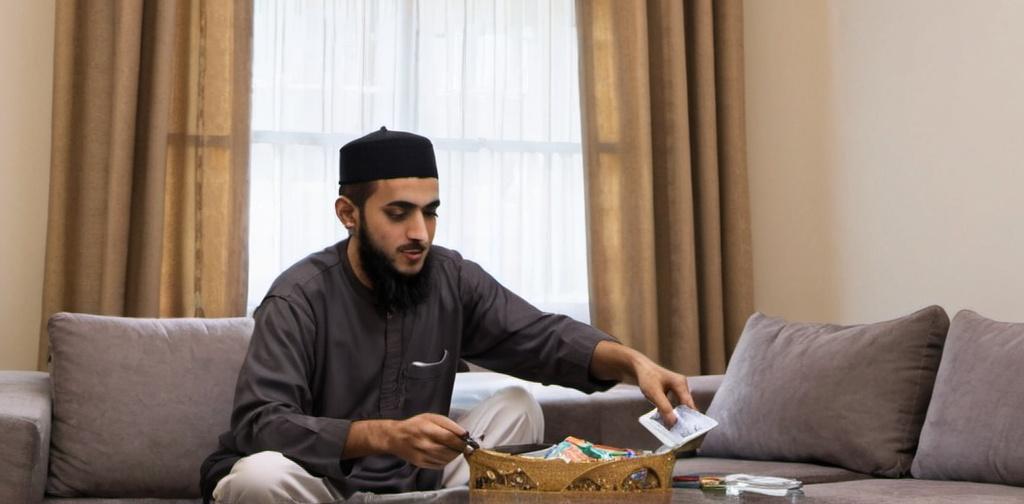Learn more about Warrants

Understanding Warrants in Islamic Finance
Warrants, in the broadest sense, are a type of financial instrument that gives the holder the right, but not the obligation, to buy or sell a specific amount of an underlying asset at a predetermined price within a set timeframe. They’re kind of like stock options’ lesser-known cousin. But hey, warrants deserve some attention too! In Islamic finance, the question arises: are warrants halal or haram? This query might seem like a puzzle, but by examining Islamic principles, we can piece it all together.
The Basics of Warrants
Warrants can be classified into two main types: call warrants and put warrants. A call warrant allows the holder to purchase the underlying asset, while a put warrant permits selling the asset. Think of it like making a bet on how a particular stock or asset will perform over time. The catch here is that you’re essentially speculating on future prices, which brings us to the core of the halal/haram debate.
Speculation: A Dicey Affair
The main reason why warrants often get a bad rap in Islamic finance is due to *gharar*, or excessive uncertainty. Islam discourages speculative activities with high levels of uncertainty and gambling-like characteristics. If someone’s financial decision feels more like a roll of the dice than a calculated investment, there’s a good chance it’s leaning toward the haram side. In the case of warrants, their speculative nature can be a sticking point.
Determining Halal and Haram in Finance
Financial transactions in Islam must adhere to specific principles to be considered halal. These principles ensure fairness, transparency, and avoid exploitative practices. Two of the biggest no-nos include *gharar* and *riba* (interest). With warrants, the challenge lies in whether they involve excessive speculation or financial ambiguity.
Is There a Halal Way to Trade Warrants?
The potential for warrants to be halal isn’t entirely impossible, though. Some scholars argue that if warrants are used as a hedge against potential losses in a portfolio (think of it as financial insurance) and not for making a quick buck, they might be permissible. This usage steers clear of speculative behaviors and focuses more on risk management.
Personal Experience: Navigating the Financial Maze
Now, let’s make this a bit personal. Imagine you’re sipping chai with Auntie Zahra, who heard from Uncle Omar that making money from warrants is a good idea. While Auntie Zahra is keen to invest her savings, she worries about staying true to her faith. Here’s what you’d tell her: understanding the purpose behind her financial actions is critical. Is she investing with a mindset of responsible growth, or is she caught up in the thrill of seeing how the markets turn out?
Seeking Guidance and Clarity
For Muslim investors, the decision to engage in warrants trading shouldn’t be taken lightly. It’s essential to do some homework and seek advice from knowledgeable Islamic scholars or financial advisors. They can provide clarity and help ensure investments align with Islamic principles. Given the complexity, it’s a smart move to have a chat with someone who understands both finance and Islamic teachings.
A Cautious Approach to Financial Instruments
Investing in financial instruments like warrants requires careful consideration. While they’re not inherently haram, their speculative nature often pushes them into a grey area. If used judiciously and with clear intentions, certain scenarios might allow them to be halal, but caution is key. Balancing faith with financial aspirations can be a tightrope walk, but with the right guidance, achieving both is within reach.
Final Thoughts on Warrants
In the hustle and bustle of today’s financial markets, it’s easy to get swept up in the excitement of new investment opportunities. However, it’s crucial to ground decisions in faith and awareness of the principles that govern Islamic finance. So, while warrants might spark curiosity, they also ask for thorough scrutiny and understanding. Before making any leaps, ponder whether your path aligns with your faith. And always remember, when in doubt, seeking knowledgeable advice is the best course of action.